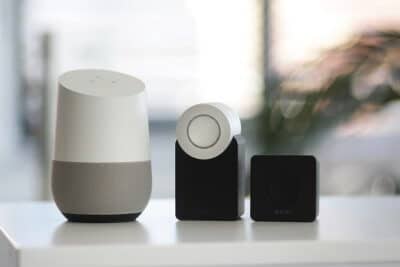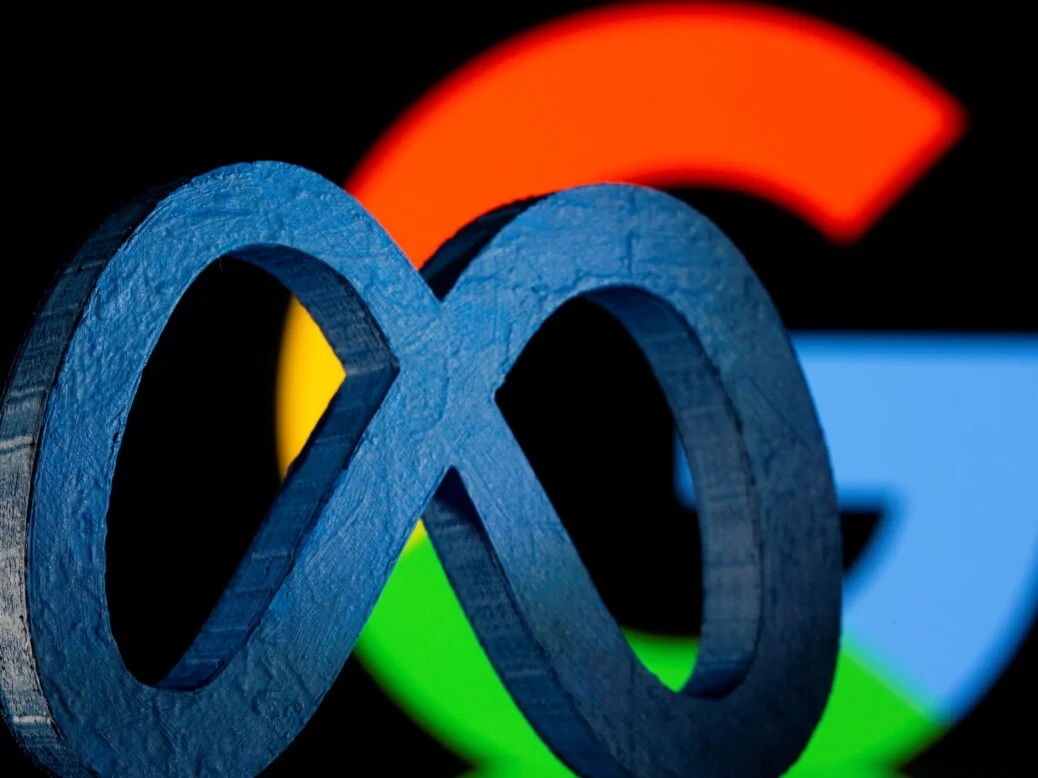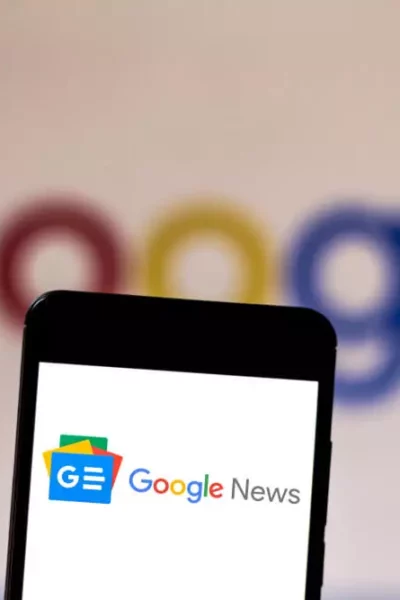What’s Happening:
As voice technologies grow in popularity, they are likely to move beyond home and personal use to become embedded in every aspect of consumers’ lives. The Reuters Institute for the Study of Journalism took a look and how these devices are currently being used, and their potential for news in the future.
Why it Matters:
Voice-activated speakers powered by intelligent assistants, such as Amazon, Alexa and Google Assistant, are growing faster than the smartphone and tablets at a similar stage. They are projected to move beyond home use to become used in every aspect of our lives in much the same way smartphones did, based on the predictors.
The Reuters report by Senior Research Associate Nic Newman is based on nationally representative surveys in the United Kingdom and United States, as well as interviews and focus groups with smart speaker users and eighteen leading publishers such as the New York Times and the BBC. The key findings of the report include:
- The use of voice-activated speakers has roughly doubled in the past year in the US, UK and Germany.
- Smart speakers are replacing remote control devices, in a bid to cut digital clutter.
- Smart speakers are most popular with 35-44-year-olds’, but also with older age groups.
- Amazon’s Alexa devices dominate both the US and UK markets, clearly outselling Google Home and Apple Homepod speakers.
Digging Deeper:
The report states that
- More than one in ten US adults (14%) regularly use voice-activated devices, equating to around 34 million people. In the UK usage is 10%.
- Smart speakers are most popular with those aged 35–44, and have proved a surprise hit with much older groups and the disabled due to the simplicity of operation.
- Penetration of voice-activated speakers is growing rapidly and is now reaching mainstream audiences, but currently, most usage is at a basic level with much consumer frustration around more complex tasks. Most users, however, report a high level of satisfaction with their smart speakers.
- These speakers are mostly replacing radios in the home. Some regular users say they spend less time on television and other screens. Consumers see voice as a chance to de-clutter multiple remote controls.
- When it comes to news, however, news consumption on voice-activated devices is currently lower than might be expected, with most usage focusing on very short news briefings.
- News publishers are pursuing a variety of strategies around voice, with broadcasters generally more proactive than newspapers. While some remain to be convinced about the need to invest heavily today, most believe that voice will significantly affect their business over the next decade.
The Bottom Line:
Device penetration is growing fast across countries, driven by the relatively low cost and the simplicity of hands-free interfaces. Yet significant problems and barriers still exist. Most users are only using a handful of functions, with little desire to learn more. Beyond initial set up, there is little attempt to configure or personalize these devices. In terms of news, the Reuters research suggests a rather mixed picture in terms of current usage and future potential. Beyond passive uses of these devices to play radio or specific podcasts – which is largely replacement activity – native interactions with news are generally short and not particularly frequent.
As publishers look to the future of voice and how to capitalize on it, Reuters suggested that broadcasters make their streams and podcasts as accessible as possible. Newspaper publishers are in a better position to break away from traditional audio conventions. Local media could consider short but useful interactions around events, travel, weather, or news, while national publishers could look at owning and monetizing a specific topic niche or using the social nature of these devices to create events or games.
Content from our partners
You can access the full report here.












